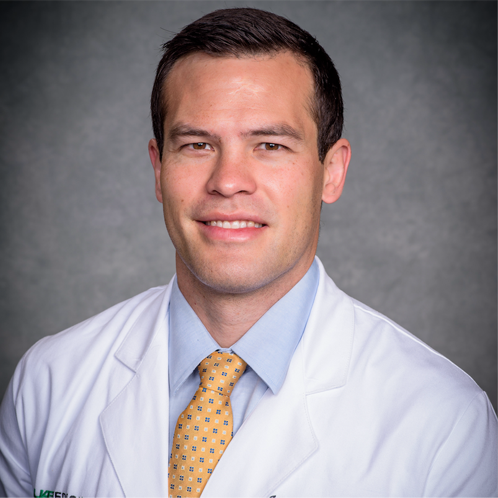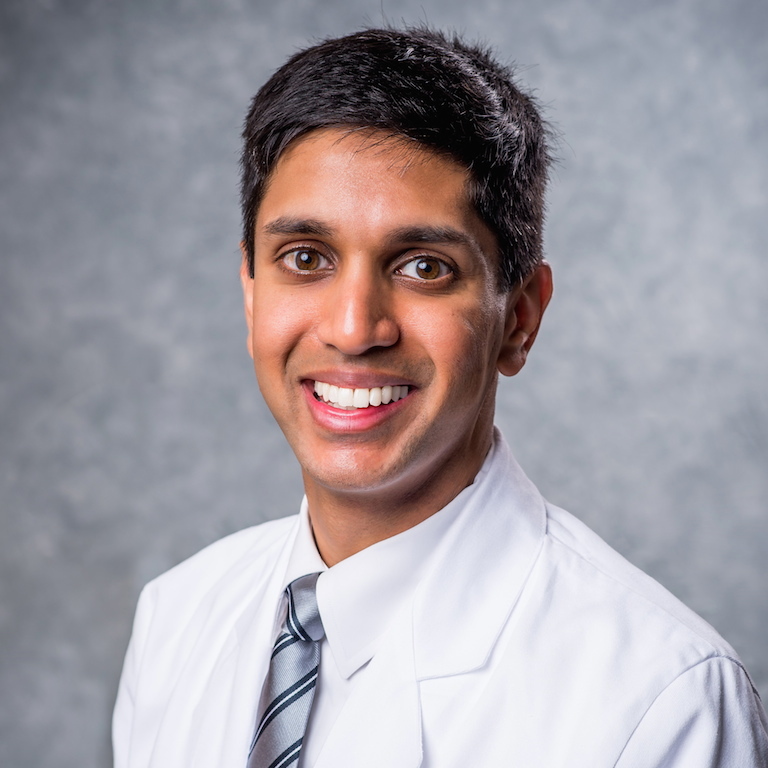Aaron Casp, M.D., and Amit Momaya, M.D., attended the Annual American Orthopaedic Society for Sports Medicine (AOSSM) Conference in Washington, D.C. on July 13-16. Casp presented on cartilage injuries in elite athletes.
AOSSM is a professional society that represents the interests of orthopaedic surgeons and other comprehensive health services providers who work with athletes and active people of all ages and abilities. Aaron Casp, M.D.
Aaron Casp, M.D.
The annual meeting featured sessions on topics such as the next generation of orthobiologics, redefining rotator cuff healing through an evidence-based approach, debugging artificial intelligence and machine learning in sports medicine and sideline emergencies.
Casp delivered his presentation “Hip Cartilage Defects in Elite Athletes: Their Association with Specific Sports and ‘At-risk’ Motions” at the Management of the Athlete’s Hip Panel. The panel presented the most modern techniques and research on hip arthroscopy in athletes and provided guidance for modern surgical practice.
Casp is also a member of the AOSSM Fellowship Committee, which met at the annual meeting to discuss issues regarding sports medicine fellows as well as to provide an additional opportunity for residents and fellows to participate and interact at the meeting.
 Amit Momaya, M.D.Both Casp and Momaya felt that the meeting was a tremendous learning and networking opportunity.
Amit Momaya, M.D.Both Casp and Momaya felt that the meeting was a tremendous learning and networking opportunity.
“The educational program provides insights into all aspects of sports medicine, from surgical techniques and cutting-edge research to practice management and educational opportunities,” said Casp. “I always find it is a great place to meet up with colleagues, collaborate across institutions, and be able to incorporate the latest innovations and findings into my own practice.”
Momaya is the Alabama delegate for the AOSSM congress as well as part of the research committee that evaluates future areas of interest for sports medicine research.
“The segment I enjoyed most was the exhibit hall where we met industry partners,” said Momaya. “We were able to discuss some high-level studies that they want conducted at UAB in the future.”